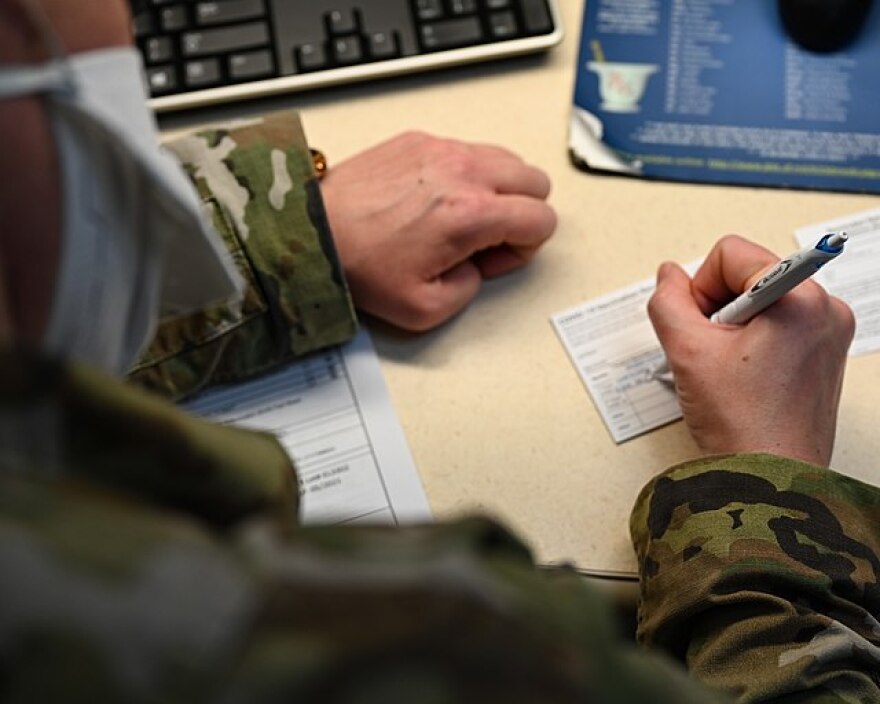If you’ve received your first dose of the coronavirus vaccine, you know that you are handed a small white paper vaccination card that has the date and dose information on it. It’s evidence that you have received your vaccine, and it could enable you to go to events, start spending time with your family and return to work.
Health professionals say it’s important to keep your vaccination card safe. Keith Grant, an expert in infection prevention at Hartford HealthCare, says taking a picture of your card is a good idea.
“I encourage individuals -- the minute you get that shot you take a picture of it,” he said. “And you wait for your second shot if it’s Pfizer or Moderna -- you get the second -- you take another picture. It’s more likely that people won’t lose their phone than the card.”
Grant says he heeded his own advice. “I’ve taken a picture of my card,” he said.
If you lose your card, hospitals with electronic records can retrieve another card for you through the MyChart system, said Dr. Manisha Juthani, associate professor of medicine and epidemiology at Yale School of Medicine. However, most people who are going to get their second dose of the vaccine usually come prepared.
“Most people will come with their card, and that is what we recommend to people is to bring your card so it can be documented at that time,” she said.
According to a recent report by The New York Times, people have been selling counterfeit cards online, with some online sellers offering cards for $20, a trend Juthani says is concerning.
“Getting the vaccine has so much potential benefits that -- I think you want to earn that card the right way and not just get it on the black market,” she said.
As the weather begins to get warmer and more people get vaccinated, questions have arisen about whether the CDC guidelines on travel and other restrictions will be relaxed. Grant says traveling is not necessarily a problem, it's what people do while they're away from home that is more concerning. He advises that travelers remain mindful that the pandemic is ongoing.
“[Know] the risk that you are putting yourself and your family in. You have complete control over yourself,” he said.
And even once you’re fully vaccinated, Juthani does not recommend going without a mask.
“We still have a lot of virus circulating, and none of the vaccines are 100% efficacious,” she said.
While the vaccination rollout has created some form of relief for many individuals, Grant encourages everyone to stay safe and remain hopeful.
“There’s definitely a light beaming out at the end of a tunnel,” he said.




